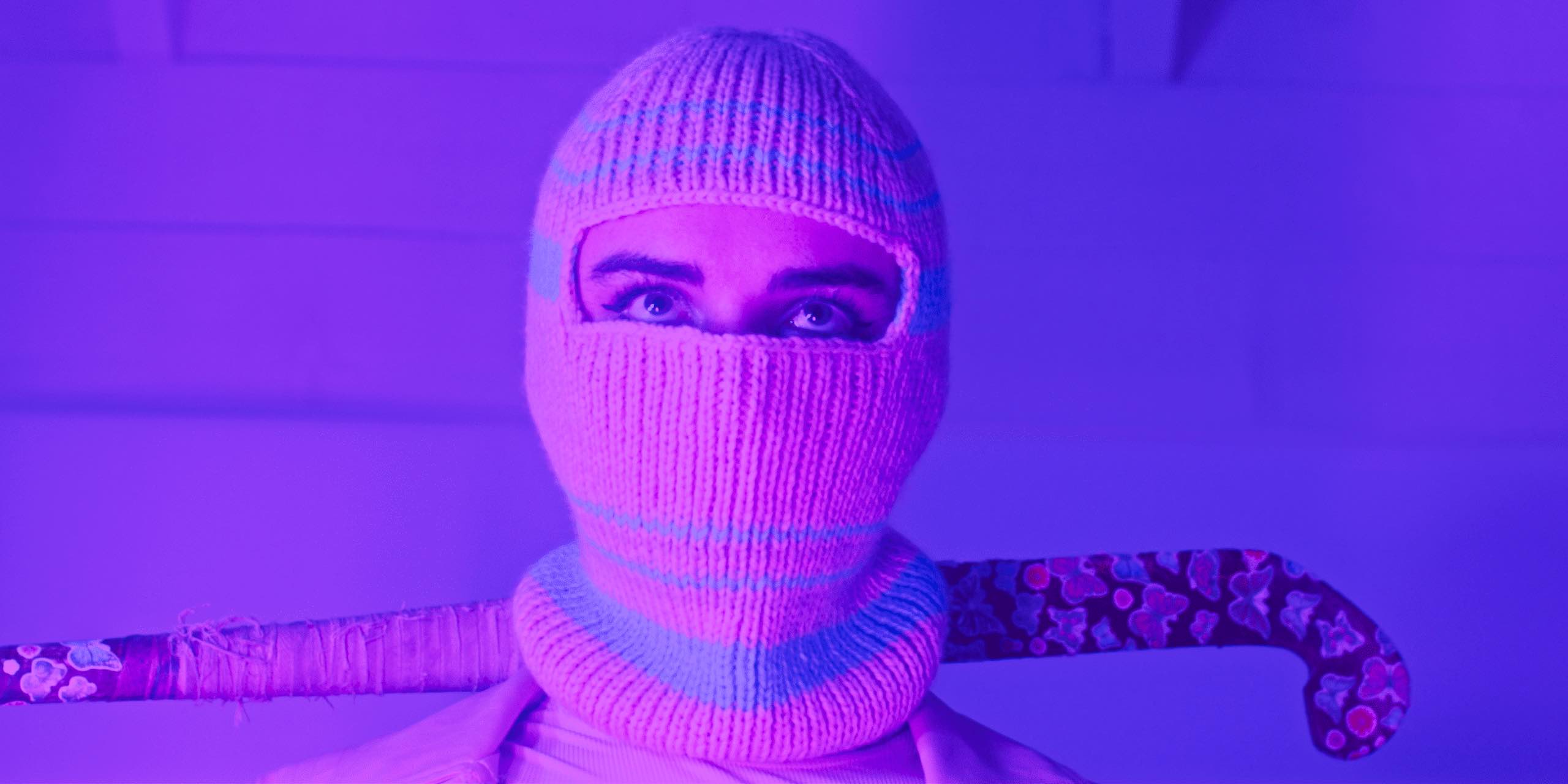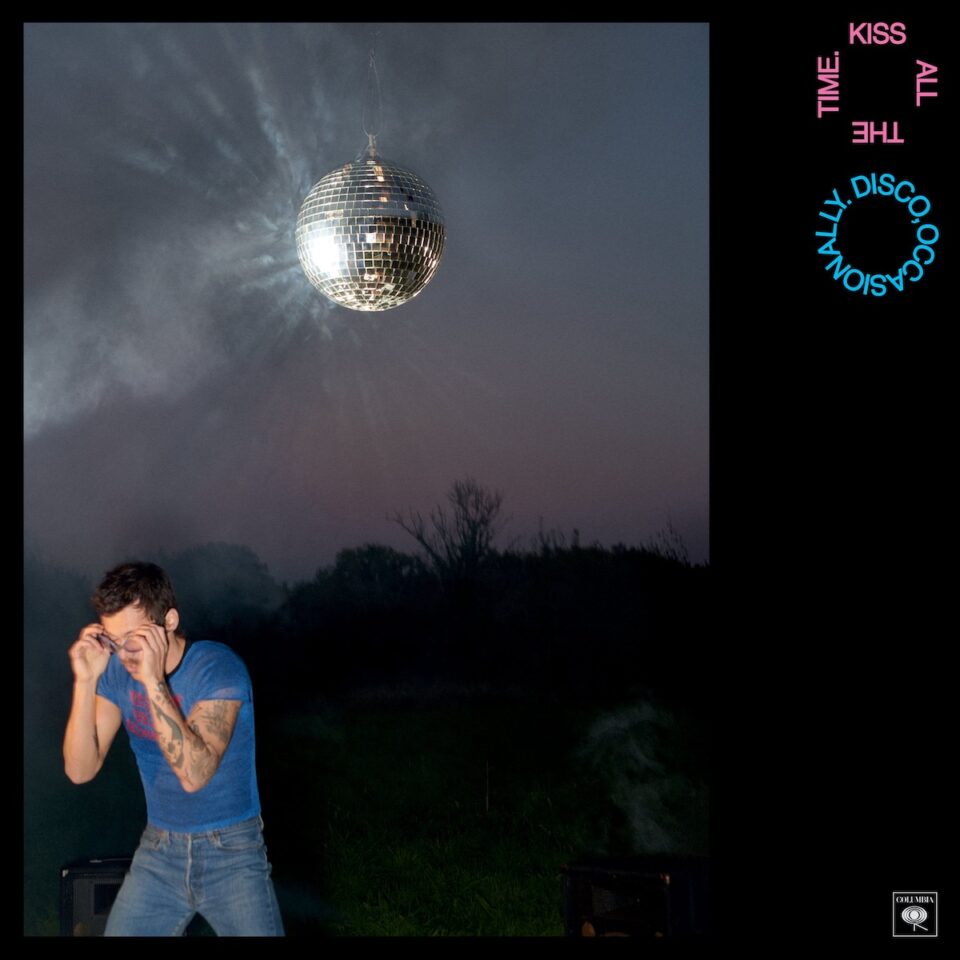Today’s social and political landscape is troubling, to say the least. As we hang in the balance, unsure of our futures, I got to thinking about the complex sociopolitical themes woven into some of horror’s best films. As long as it’s been around, the genre has been littered with commentary around race, class, capitalism, and gender, among other progressive themes. From the original Cat People to John Carpenter’s They Live, from The People Under the Stairs to 2020’s The Hunt, everything contains deep, thought-provoking distortions of different horrific facets of our current reality. Despite online comments to the contrary, horror has always been political. It’s always been willing to confront the establishment and even watch it burn to the ground.
As we’re soon certain to engage with a spike in polarizing (to put it mildly) political discourse in our day-to-day lives, we’ve put together a list of 10 essential Black and queer horror films that every genre fan needs to watch.
Get Out (2017)
Jordan Peele’s debut feature film is among the defining movies of the modern era. Dissecting race and the white patriarchy, Get Out not only punches hard with its social and political themes but also supplies plenty of nail-biting scares. When Chris (Daniel Kaluuya) accompanies his girlfriend Rose (Allison Williams) to her family estate, he’s ambushed when the weekend event promises to devalue his existence as a Black man in America, leaving him to fight for his life. There’s a reason we’re still talking about Get Out nearly a decade later. It’s the kind of once-in-a-generation film that encapsulates the US and its irrefutable racist past and present at the same time. From beginning to end, Peele’s debut already feels like a classic.
The Perfection (2018)
Another Allison Williams flick, Richard Shepard’s The Perfection packs on twists and turns to keep you guessing. What’s really happening is buried deep within a multi-layered structure lending to the awe of the big reveal when it occurs. Williams plays Charlotte, a former musical prodigy of an elite music school. After tracking down a new pupil, Lizzie, who’s seemingly taken her place, Charlotte convinces Lizzie to go on a trip—and what results is shocking and disturbing. It’s difficult to discuss The Perfection without diving into spoilers, but what can be said about the film is that it plunges deep into systemic abuses of power, the resilience of victims, and the will to let it all burn to the ground. Charlotte and Lizzie expose the truth, and in the process, they discover a strength they never realized they possessed.
Horror Noire: A History of Black Horror (2019)
Horror Noire remains the definitive documentary about the history of Black horror and the treatment of Black people within the genre more broadly. Featuring such names as Tony Todd (the original Candyman), The Craft’s Rachel True, Jordan Peele, acclaimed author Tananarive Due, Dawn of the Dead’s Ken Foree, and countless others, the brisk 80-minute doc details the racist roots of the genre, starting with The Birth of a Nation and leading into the common trope of “the Black guy always dies first.” With director Xavier Burgin at the helm, Horror Noire offers an essential crash course in one of film’s most popular genres.
The Obituary of Tunde Johnson (2019)
Framed around police brutality, Ali LeRoi’s The Obituary of Tunde Johnson pulls a Groundhog’s Day with its repetitive structure. The title character is shot by police and subsequently trapped inside a terrifying time loop, where he must confront hidden truths about himself. The film exposes the brutal reality about racial profiling and the constant fear Black men face. LeRoi doesn’t avoid the tough conversations—in fact, he forces the audience to challenge our biases and complicity in an unjust system. The film isn’t an easy viewing experience, and that’s wholly the point. Especially if you’re white, it should make you squirm in your seat.
Atlantics (2019)
Most commonly billed as a fantasy, drama, or mystery, Atlantics still carries elements of horror as it depicts the story of a young woman named Ada and her lost-at-sea lover, Souleiman. Ada is betrothed to another man despite not being in love with him, and when the ship carrying Souleiman and others crashes, their spirits return to the coastal community to exact their revenge. Atlantics wears its themes on its sleeve. Covering topics about class and capitalism, the film excels in world-building and makes you deeply indebted to the working characters as they demand their wages be paid upon the completion of their labor. Although released over five years ago, the film bears a striking resemblance to 2025 even as the year is only beginning to unfold.
His House (2020)
Increasingly relevant, Remi Weekes’ impressive debut tackles immigration through the eyes of one couple who flees South Sudan for an English town. As they attempt to adapt to their new life, they unsuspectingly stir up something inside their new government-subsidized home. The cracked paint and chipped walls have a story to tell, and Rial, Bol, and their daughter Nyagak are in for a grave awakening. Weekes gives great attention to the plight of immigrants, detailing their desperation, pleas for help, and work in getting government assistance. As immigration remains a hot-button issue for Republicans, it’s a perfect time to rediscover humanity, compassion, and our duty as civilians in a free country. His House remains one of the most urgent and emotional cinematic cries we’ve seen in the last 20 years.
Candyman (2021)
Nia DaCosta’s Candyman takes what works so well in the 1992 Bernard Rose original and contemporizes it to relate to the modern Black experience. Themes about gentrification and class find a new perspective in DaCosta’s hands, wielded with shocking reality with regard to what it means to be Black in America. Yahya Abdul-Mateen II leads the cast as Anthony, the child of Anne-Marie McCoy (Vanessa Estelle Williams’ character from the original film). Working as an artist, he struggles to find inspiration in his daily life, so he decides to tell the story about Cabrini-Green, the Chicago housing projects whose remnants leave a dark reminder of the past for the remaining residents. As Anthony grows closer to the Candyman legend, something begins taking over his body, leading to the ultimate sacrifice. While there’s always a place for the original, it’s the reboot/sequel that stands much taller in transmitting its timely message and getting its audience to engage with it.
T-Blockers (2023)
Coming off such acclaimed films as So Vam, director Alice Maio Mackay turned everything up to 100 with 2023’s T-Blockers. With her signature lighting and camera work, the film tells the story of an earthquake that unleashes parasites on an unsuspecting Australian town. These organisms infect locals with hatred and bigoted talking points, spewing their fear-mongering speech toward the film’s protagonist and her friends. The metaphor stands as one that speaks broadly to the current social landscape. When trans people are coming under heated attack, there need to be films such as Mackay’s that speak directly to the camera without talking down to the audience. It simply presents its story, and it’s up to the viewer to glean what they will from it.
Slay (2024)
Pronouns emerge as an essential element in Jem Garrard’s Slay, which dropped unceremoniously on Tubi last March but has since cultivated a cult following. The story revolves around a group of drag queens who arrive at the wrong venue. Instead of a vibrant gay club, they’ve booked a gig at a blue-collar bar on the outskirts of town. After performing an electric version of Cardi B and Megan Thee Stallion’s “WAP,” the group faces the wrath of a band of local bigots who take umbrage not only with the queens’ appearances, but also their use of pronouns. Eventually vampires show up on the bar’s front steps, and everyone must work together if they have any hope of surviving. Campy and pulsating with heart, Slay perfectly captures the present moment. It never avoids the issue, instead opting to confront the prospect of simply existing in a sea of hateful right-wingers head-on.
I Saw the TV Glow (2024)
One of our favorite films from last year, Jane Schoenbrun’s I Saw the TV Glow is rife with staunch themes about identity and nostalgia as it regales a tale about a young teen named Owen and his friend Maddy. The unlikely pair bond over their shared love of the fictional TV show The Pink Opaque, a YA adventure series about conquering various big-bads that gives Owen a sense of self as he sees himself mirrored onscreen—a revelation that drives his entire life. Gender expression is a hot topic of discussion these days, leading to numerous laws and bills being passed directly targeting the LGBTQ+ community. That’s why we need such films as I Saw the TV Glow. An essential piece of cinema, it’s bold and unafraid to ruffle feathers.







